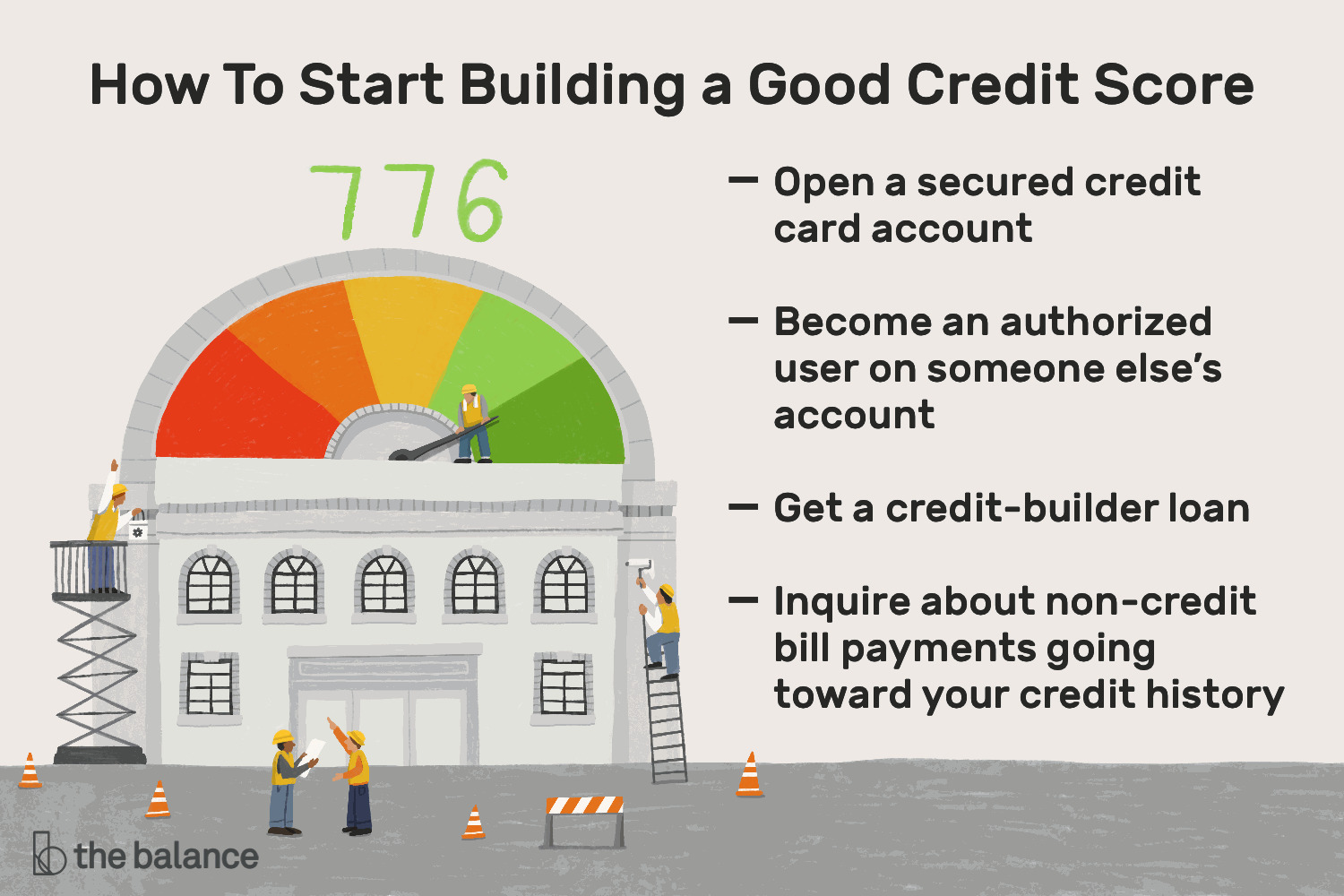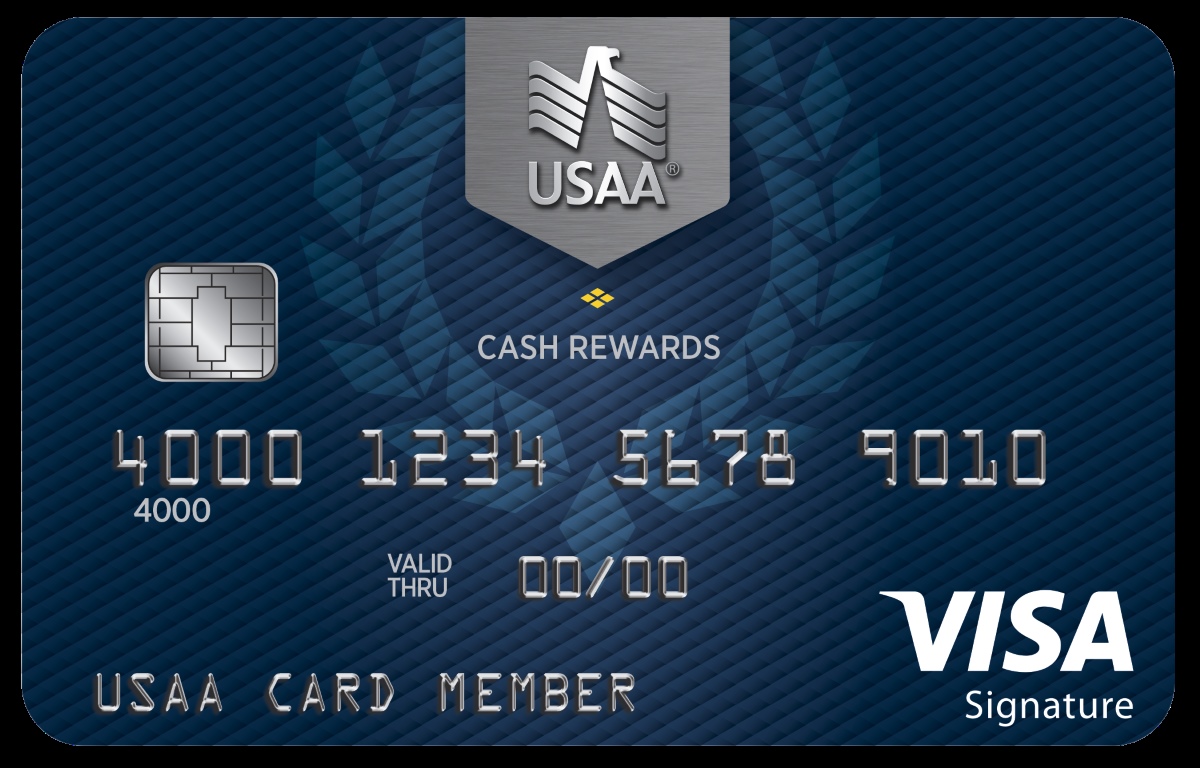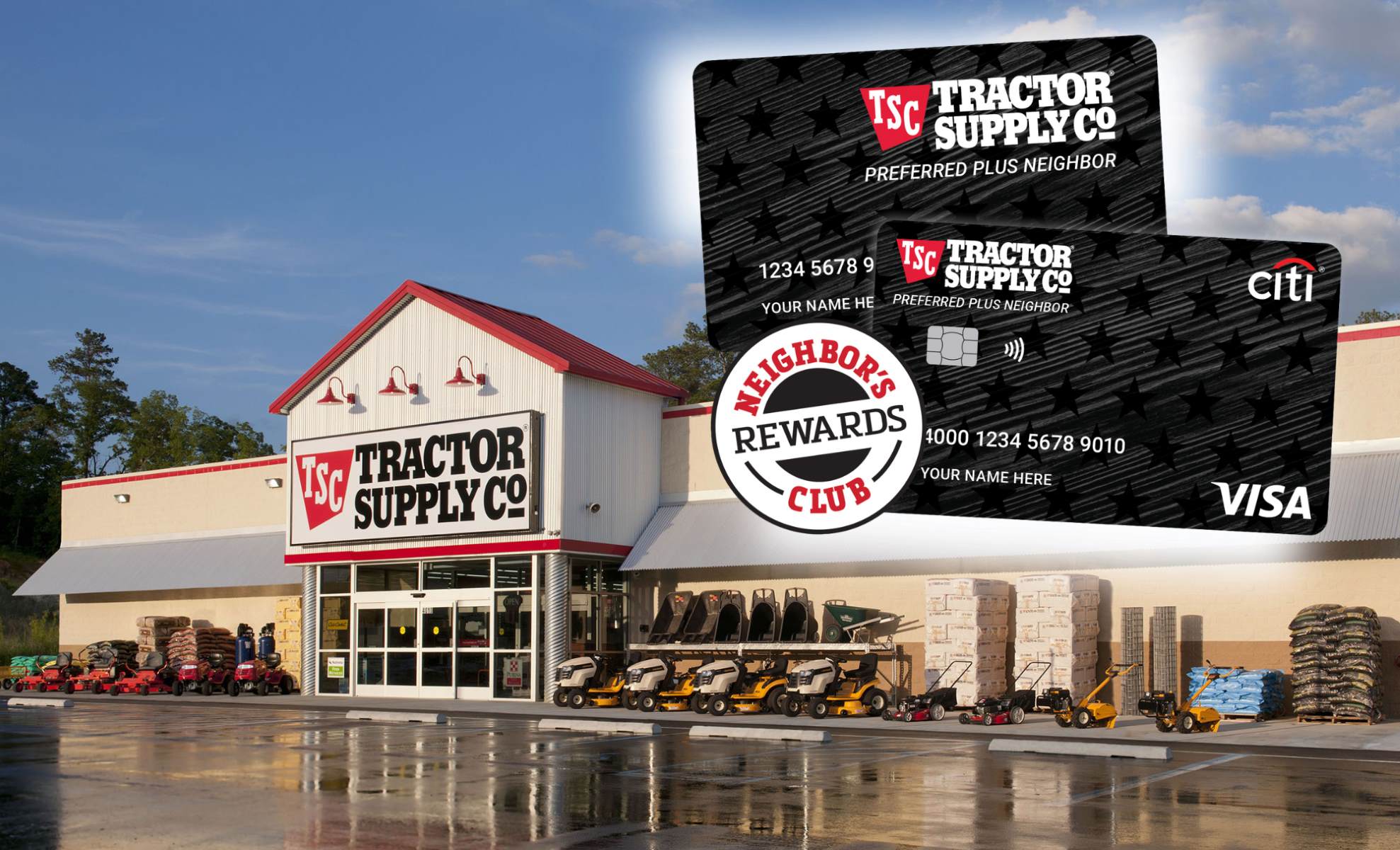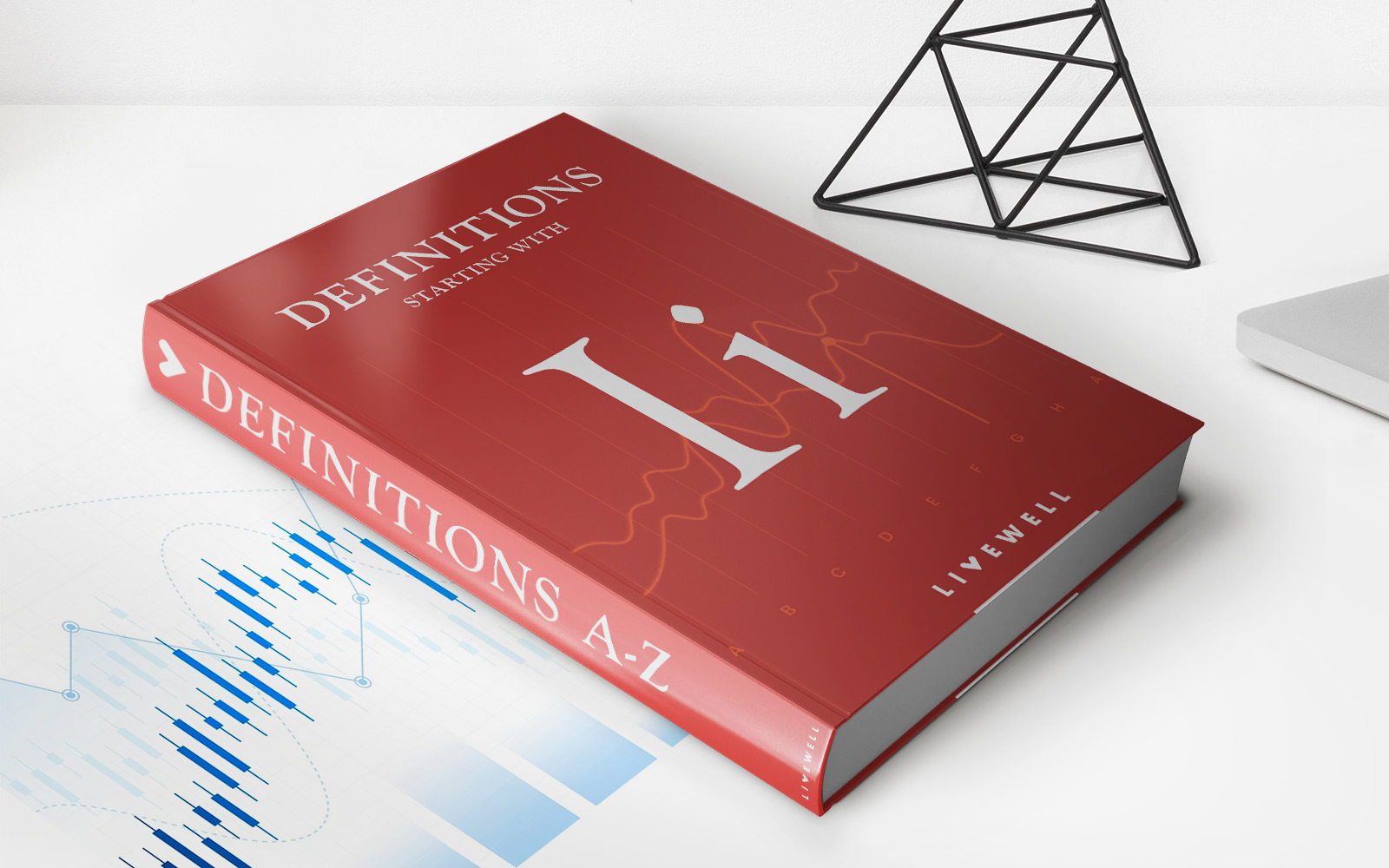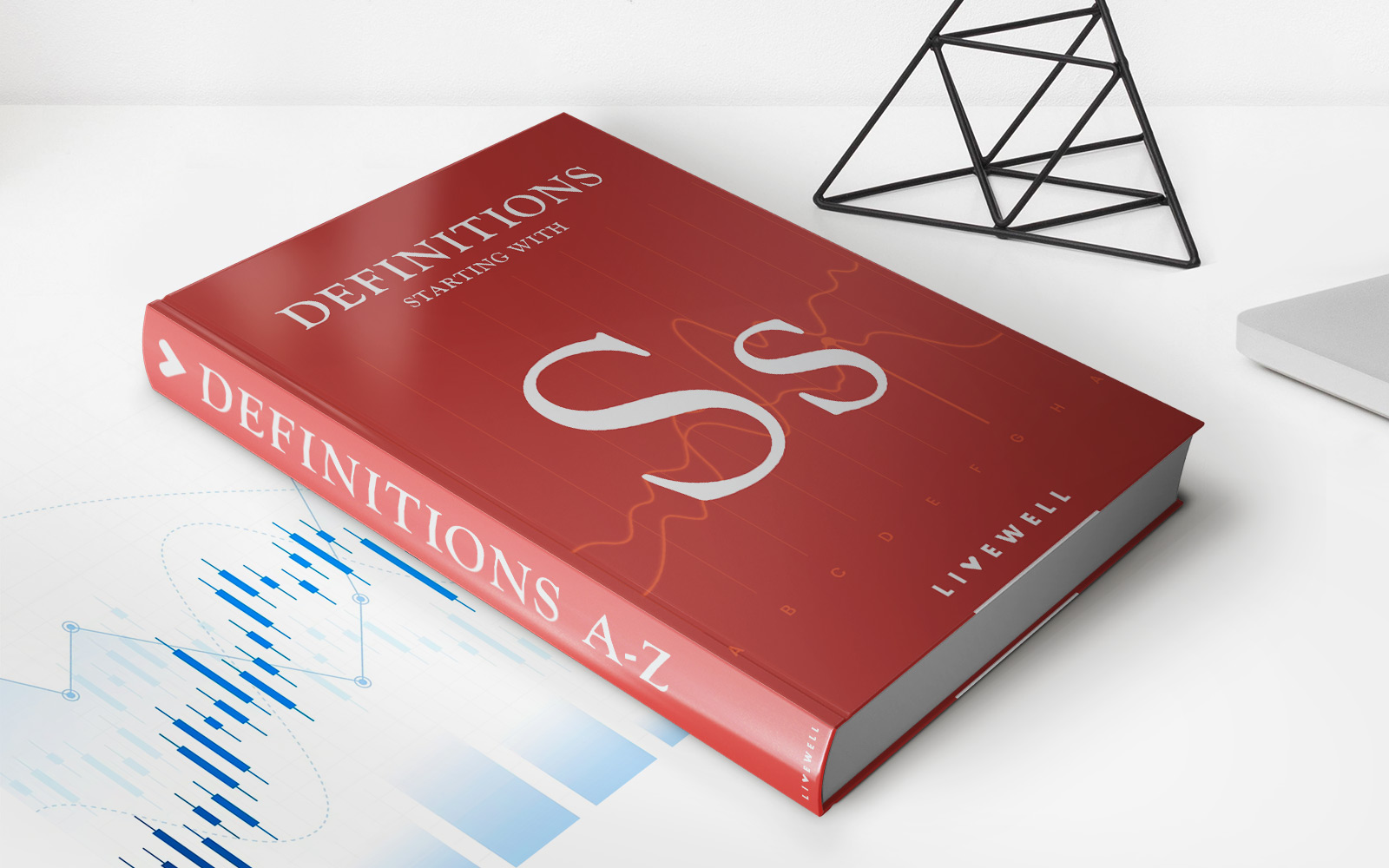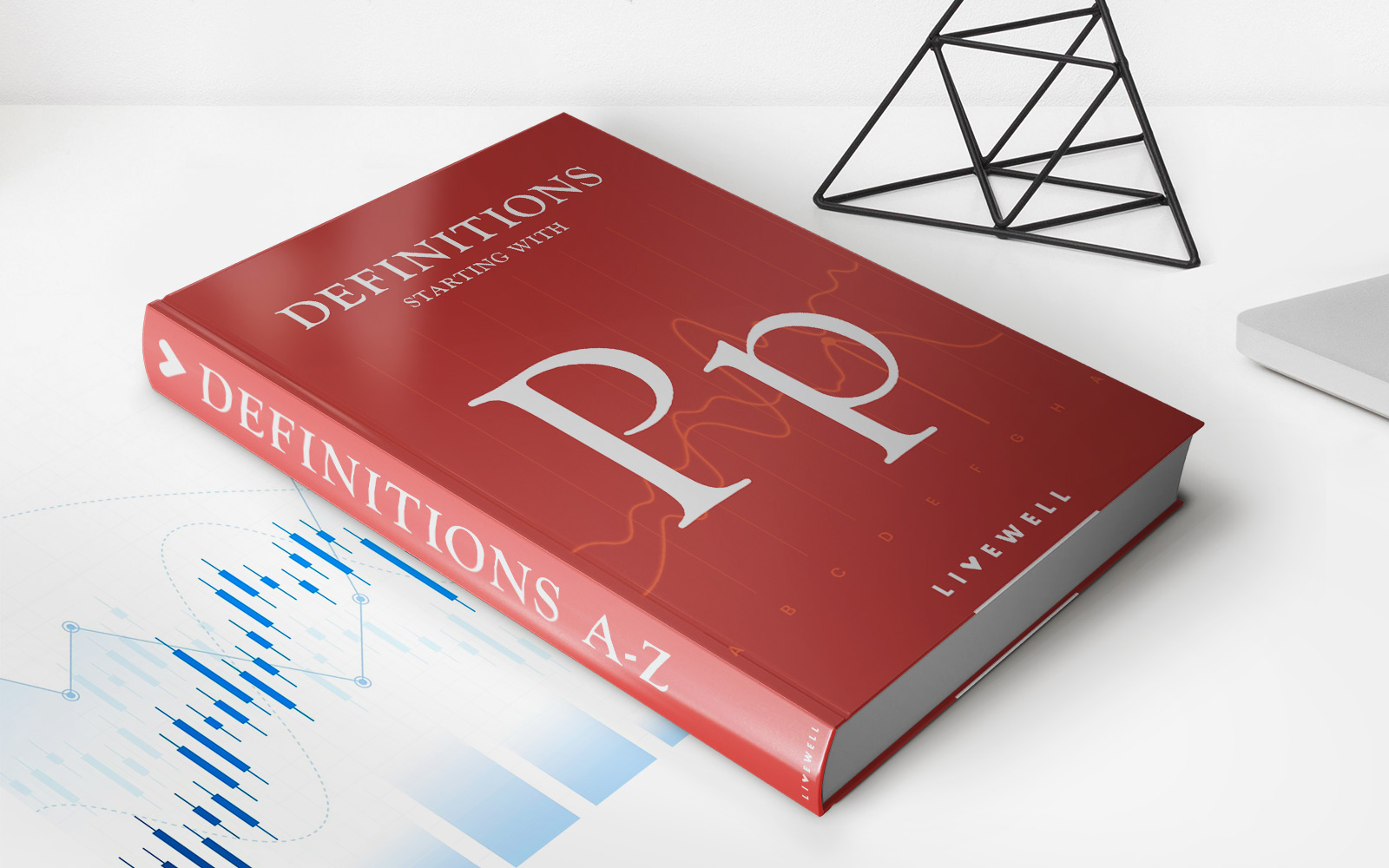

Finance
How Long Does It Take To Get An Insurance Card
Published: November 22, 2023
Learn how long it takes to receive your insurance card in this comprehensive guide. Manage your finances and get the coverage you need.
(Many of the links in this article redirect to a specific reviewed product. Your purchase of these products through affiliate links helps to generate commission for LiveWell, at no extra cost. Learn more)
Table of Contents
Introduction
Welcome to the world of insurance! Whether you’ve just purchased a new policy or have recently switched providers, one of the first things you’ll want to get your hands on is your insurance card. An insurance card is a crucial document that serves as proof of insurance coverage. It contains important information about your policy and is often required in various situations, such as registering a vehicle or seeking medical treatment.
In this article, we will delve into the process of obtaining an insurance card, explore the factors that can affect the processing time, and discuss the typical timeframe for receiving your card. Additionally, we will explore expedited options and offer guidance if you find yourself waiting longer than expected.
Getting your insurance card promptly is essential, as it provides a sense of security and peace of mind, knowing that you have the necessary documentation in hand. So, let’s dive in and learn more about how long it usually takes to get an insurance card.
The Importance of an Insurance Card
An insurance card may seem like a small piece of paper or a digital document, but it holds great significance. Here are some reasons why having an insurance card is crucial:
- Proof of Coverage: An insurance card serves as tangible proof that you have an active insurance policy. It provides essential information, such as your policy number, effective dates, and coverage details. Having this proof readily available can save you from potential disputes or complications when dealing with authorities, healthcare providers, or other parties.
- Legal Requirements: In many countries and jurisdictions, it is a legal requirement to carry proof of insurance while driving a vehicle. Your insurance card acts as evidence that you comply with the mandatory insurance laws. Law enforcement officers may request to see your insurance card during routine traffic stops or accidents. Failure to produce a valid insurance card could result in penalties, fines, or even legal consequences.
- Medical Services: When seeking medical treatment, healthcare providers often require proof of insurance before providing services. Your insurance card contains vital information, such as the name of your insurance provider, policy number, and contact details. This information helps medical professionals understand your coverage and billing requirements, ensuring you receive the appropriate care without unnecessary delays.
- Emergency Situations: During emergencies, time is of the essence. Having your insurance card readily available can speed up the process of receiving medical attention, as healthcare providers can quickly access your insurance information and proceed with necessary treatments. This is especially crucial when you are in a new area, away from your regular healthcare providers.
Overall, having an insurance card is essential for both legal compliance and practical purposes. It acts as a tangible representation of your coverage, provides important information to authorities and healthcare providers, and ultimately ensures a smooth and efficient process when dealing with insurance-related matters.
The Process of Obtaining an Insurance Card
Obtaining an insurance card usually involves a series of steps that may vary depending on your insurance provider. Here is a general overview of the process:
- Purchasing Insurance: The first step in obtaining an insurance card is purchasing an insurance policy. This typically involves researching and choosing a reputable insurance provider, selecting the coverage options that meet your needs, and agreeing to the terms and conditions of the policy.
- Policy Issuance: Once you have purchased your insurance policy, your insurance provider will process your application and issue your policy documents, which include your insurance card. This can be done digitally with an e-card or through physical mail.
- Policy Validation: Before your insurance card is issued, your insurance provider may need to validate your information and confirm the details of your policy. This validation process ensures that all the information provided is accurate and that you meet the requirements for coverage.
- Delivery Method: Depending on your insurance provider, your insurance card may be delivered to you in different ways. Some insurance companies offer instant digital copies of the insurance card that you can download and print or store on your smartphone. Others may send physical copies of the card via mail.
- Confirmation of Receipt: Once you receive your insurance card, it is important to confirm that you have received it. Check the details on the card to ensure accuracy, including your name, policy number, effective dates, and coverage details.
It is important to note that the process of obtaining an insurance card can vary from one insurance provider to another. Some providers may offer more streamlined and digitized processes, while others may require more traditional methods such as physical mail. It is always a good idea to check with your insurance provider for specific instructions and timelines.
Factors Affecting the Processing Time
The processing time for obtaining an insurance card can be influenced by several factors. It’s essential to be aware of these factors, as they can affect how long it takes to receive your insurance card. Here are some common factors that can impact the processing time:
- Insurance Provider: The efficiency and procedures of different insurance providers can vary. Some insurance companies have streamlined processes and advanced systems in place, allowing for faster processing times. Others may have more extensive verification processes or manual handling, which can result in longer processing times.
- Policy Type: The type of insurance policy you are obtaining can impact the processing time. Some policies, such as auto insurance, may have more straightforward and standardized procedures, resulting in quicker processing. On the other hand, policies that require more detailed underwriting, such as life insurance or specialized coverage, may take longer to process.
- Application Accuracy: Providing accurate and complete information when applying for insurance is crucial. Any inaccuracies or missing details can lead to delays in processing as the insurance provider may need to follow up for clarification or verification. Double-check your application to ensure that all information is correct and up to date.
- Documentation Requirements: Depending on the insurance provider and the type of policy, there may be specific documentation requirements. These documents can include identification proof, proof of address, or any other supporting documents deemed necessary. Failure to provide the required documentation promptly can cause processing delays.
- Peak Periods: Insurance companies may experience peak periods where they receive a high volume of applications and policy inquiries. During these times, processing times can be longer due to the increased workload. Examples of peak periods include the end of the financial year or periods following natural disasters.
It’s important to keep in mind that while these factors can influence the processing time, each insurance provider has their unique procedures and timelines. It’s a good idea to reach out to your insurance provider directly if you have specific concerns or questions regarding the processing time for your insurance card. Additionally, being proactive and submitting all required documents efficiently can expedite the processing time and ensure a smooth issuance of your insurance card.
Typical Timeframe for Receiving an Insurance Card
The timeframe for receiving an insurance card can vary depending on several factors, including the insurance provider, the type of policy, and the efficiency of the application process. While specific timelines may differ, here is a general overview of the typical timeframe for receiving an insurance card:
- Instant Issuance: In some cases, insurance providers offer instant issuance of insurance cards. This typically occurs when you purchase insurance directly online or through a digital platform. Once you complete the application process and make the necessary payment, you will receive a digital copy or a printable version of your insurance card immediately. This allows for instant access to your insurance proof.
- Within a Few Days: For many insurance policies, it is common to receive your insurance card within a few business days. This timeframe allows the insurance company to validate your information, review your application, and process the necessary paperwork. The card may be sent to you through physical mail or made available for download through a secure portal. Keep in mind that weekends and holidays may impact the delivery timeframe.
- Up to Two Weeks: In some cases, it may take up to two weeks to receive your insurance card. This can happen if there are complications with verifying your information, additional documentation is required, or if there is a high volume of applications being processed by the insurance provider. If your card has not arrived within two weeks, it is recommended to follow up with your insurance provider to ensure it was sent and to inquire about the delay.
- Specialized Policies: Policies that require more in-depth underwriting, such as life insurance or specialized coverage, may have longer processing times. This is because these policies often involve more detailed assessments and may require additional reviews or approvals. It is common for these types of policies to take several weeks or even a month before the insurance card is issued.
It’s important to note that these timeframes are general guidelines and can vary depending on the insurer and individual circumstances. If you have not received your insurance card within the expected timeframe, reach out to your insurance provider for an update. They can provide you with information on the status of your card and address any concerns or questions you may have.
Remember, it’s crucial to have the necessary proof of insurance, even if your physical card has not arrived. You can usually obtain a temporary proof of insurance or a digital copy from your insurance provider to meet any immediate requirements until your physical card arrives.
Expedited Options for Obtaining an Insurance Card
If you are in need of your insurance card urgently, there may be expedited options available to help you obtain it faster. While these options may vary depending on your insurance provider, here are some common methods to expedite the process of getting your insurance card:
- Online or Digital Access: Many insurance companies now offer online portals or mobile apps that allow policyholders to access their insurance cards digitally. This means you can view and download a digital copy of your insurance card instantly. This option eliminates the need for physical delivery and enables you to have access to your proof of insurance whenever you need it.
- Express or Priority Mail: If you prefer to have a physical copy of your insurance card, you can inquire with your insurance provider about expedited shipping options. They may offer express or priority mail services for an additional fee. This can reduce the delivery time significantly and ensure that you receive your card in a shorter timeframe.
- Local Office Pickup: Some insurance providers have local offices or agent locations where you can pick up your insurance card in person. This can be a convenient option if you need your card immediately or prefer not to rely on mail delivery. Contact your insurance provider to check if this option is available and arrange for a pickup at the nearest location.
- Customer Service Assistance: If you require your insurance card on an urgent basis, contacting the customer service department of your insurance provider can be a helpful step. Explain your situation and the need for expedited delivery. They may be able to assist you by prioritizing your request or providing alternative solutions to ensure you receive your insurance card as quickly as possible.
It is important to note that additional fees or charges may apply for expedited options. The availability of these options can vary depending on your insurance provider and the type of policy you have. It is recommended to reach out to your insurance provider directly to discuss the available expedited options and any associated costs.
Remember, while expedited options can speed up the process, it is important to plan ahead and allow sufficient time for obtaining your insurance card. Factors such as policy validation and documentation requirements may still need to be completed, even with expedited delivery methods.
What to Do If You Haven’t Received Your Insurance Card
If you haven’t received your insurance card within the expected timeframe, there are several steps you can take to ensure you have the necessary proof of insurance:
- Contact Your Insurance Provider: The first and most important step is to reach out to your insurance provider directly. Contact their customer service department and inquire about the status of your insurance card. They can provide you with information about any potential delays or issues with the processing of your card.
- Temporary Proof of Insurance: In situations where you need immediate proof of insurance, your insurance provider can often provide you with a temporary proof of insurance document. This document serves as temporary proof of your coverage until your physical insurance card arrives. You can usually request this document via email or through your insurance provider’s online portal.
- Electronic Insurance Cards: Many insurance companies now offer digital or electronic insurance cards. If you have not received your physical card, you may be able to access your insurance card digitally through your insurance provider’s website or mobile app. Check with your insurance provider to see if this option is available to you.
- Follow Up with Delivery Services: If your insurance provider has informed you that your insurance card has been sent, but you still have not received it, it is worth checking with the delivery service involved. They may be able to provide insight into the status of your delivery or any potential issues that may have caused a delay. Provide them with your tracking number or any other relevant details to assist in locating your package.
- Request a Duplicate Card: If a significant amount of time has passed, and you have not received your insurance card, you can request a duplicate card from your insurance provider. They can initiate the process of reissuing the card, ensuring that you receive it as soon as possible. Be prepared to provide any necessary information or documentation required for the duplicate card request.
It’s important to keep in mind that while not having your physical insurance card can be inconvenient, having temporary proof of insurance or access to your electronic insurance card can still provide the necessary documentation in most situations. If you have followed the steps above and are still facing challenges in obtaining your insurance card, escalate the issue with your insurance provider, or consider seeking assistance from insurance regulators or consumer protection agencies.
Remember, it is crucial to always carry proof of insurance or have access to it, even if you have not received your physical insurance card. This helps ensure compliance with legal requirements and facilitates efficient communication with authorities, healthcare providers, or other parties when needed.
Conclusion
Obtaining an insurance card is an important step in the insurance process. It serves as proof of coverage, is often required for legal compliance, and facilitates various important transactions. While the processing time for receiving an insurance card may vary depending on factors such as the insurance provider, policy type, and application accuracy, there are steps you can take to expedite the process.
It is crucial to provide accurate information during the application process and follow up with your insurance provider if you haven’t received your insurance card within the expected timeframe. Temporary proof of insurance or digital access to your insurance card can serve as alternatives until your physical card arrives.
By understanding the importance of an insurance card, being aware of the typical timeframe for receiving it, and exploring expedited options, you can ensure that you have the necessary documentation when it matters most. Remember to contact your insurance provider directly for any concerns or inquiries regarding your insurance card.
Having your insurance card readily available provides a sense of security and peace of mind, knowing that you have the necessary proof of insurance in case of any unexpected situations or encounters. So, stay informed, be proactive, and enjoy the benefits of having your insurance card at hand!
